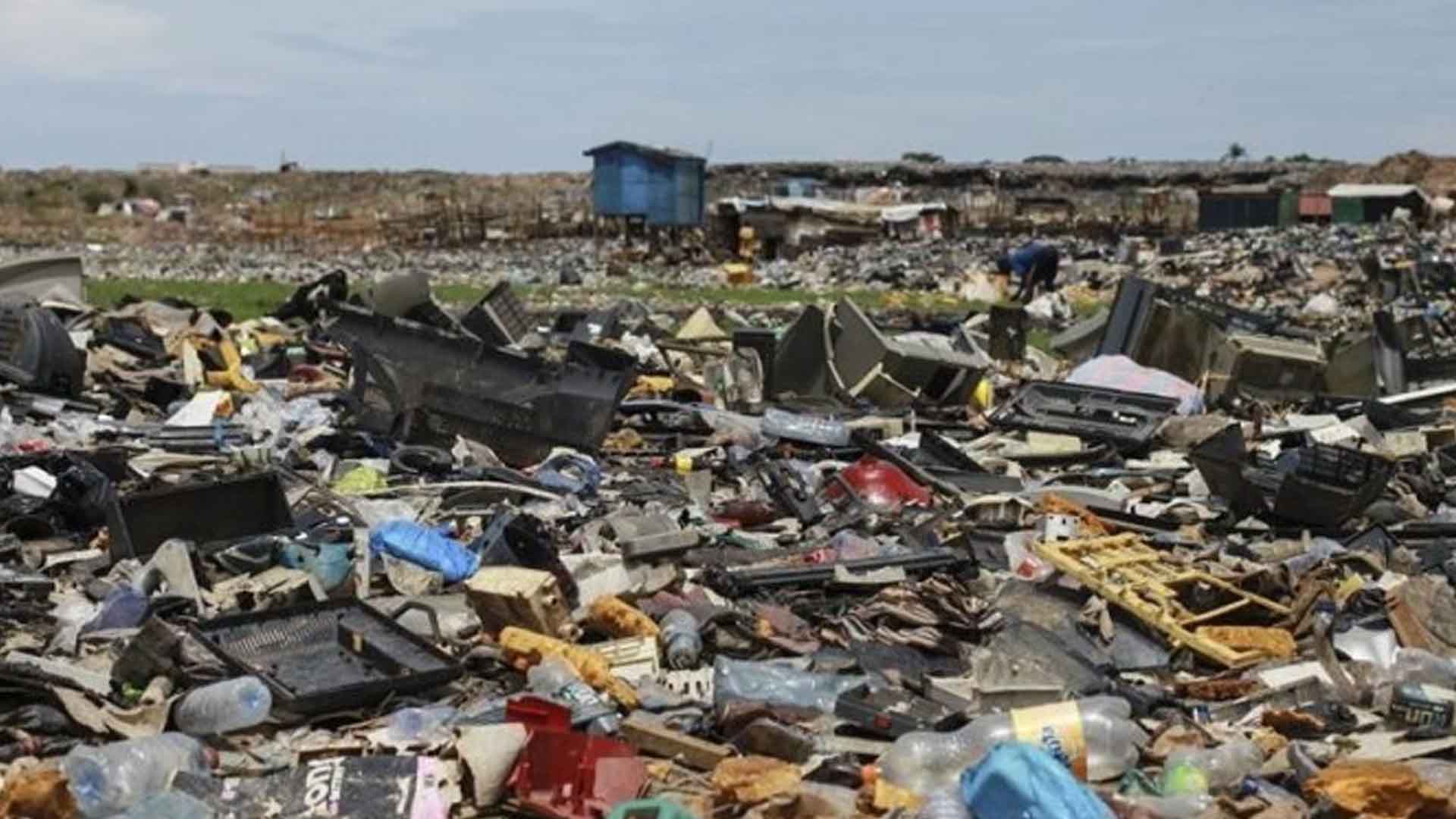Senate President Juan Miguel Zubiri has filed a bill seeking to establish a national energy policy and regulatory framework for facilities using waste-to-energy (WTE) technologies that would address solid waste management problems, and provide an alternative source of energy.
In his Senate Bill (SB) 1746, or the “Waste to Energy Act,” Zubiri noted that as the country develops, the population increases rapidly along with more improvements in our way of life, increasing the volume of waste created.
Citing the assessment of the Environment and Management Bureau, the country is projected to generate 92 million tons of waste from 2022 to 2025.
“Unfortunately, our solid waste disposal system is yet to keep up with the continuously increasing amount of household and domestic wastes that we produce. This bill seeks to help address our solid waste management problems by encouraging the development of environmentally sustainable innovations in the recovery, conservation, processing, treatment, and disposal of solid waste by using WTE technologies,“ Zubiri said in his explanatory note.
According to the Senate leader, WTE uses various technologies to convert non-recyclable waste materials into usable heat, electricity, or fuel through a variety of processes.
“That way, not only would we be able to prevent our landfills from being filled up, but we can actually harness usable energy from non-recyclable waste,” he said.
“The bill will also address the problem of limited land in many local government units (LGUs), particularly in our island provinces or municipalities, which makes it difficult for them to provide for appropriate sanitary landfills,” Zubiri said.
Under the proposed measure, WTE will be classified as another renewable energy resource, and WTE facilities will serve as a solid waste management facility and an energy production facility.
To protect the environment, safeguards will be provided in the proposed measure to make sure that the innovation will not be at the cost of health or environmental safety.
SB 1746 mandates the respective roles of the Department of Energy (DOE), Department of Environment and Natural Resources (DENR), Department of Health (DOH), LGUs, and the National Solid Waste Management Commission (NSWMC) in the effective implementation of this Act.
It also provides penalties for various violations committed under the measure, ranging from suspension to dismissal from the service, as well as fines of up to PHP2 million and prison terms of up to six years for LGU and government agency officials.
Meanwhile, penalties for individuals found violating this Act shall be penalized with fines not less than PHP1 million, and imprisonment of up to three years.
An amount of PHP15 million for the DOE; PHP300 million for the DENR; PHP15 million for the DOH; and PHP 27 million for the NSWMC, shall be charged from their current respective funds for the initial implementation of this Act.
Amounts necessary for the sustainable implementation of this Act shall be included in the Annual General Appropriations Act. (PNA)





















